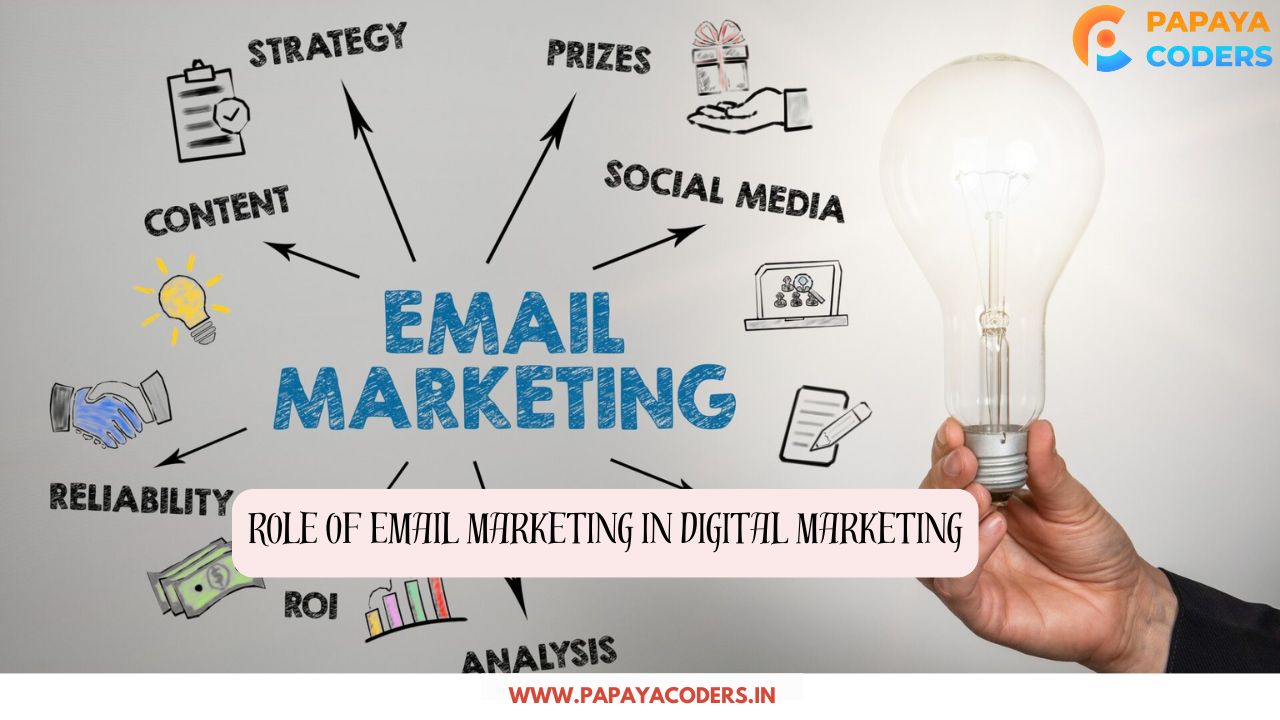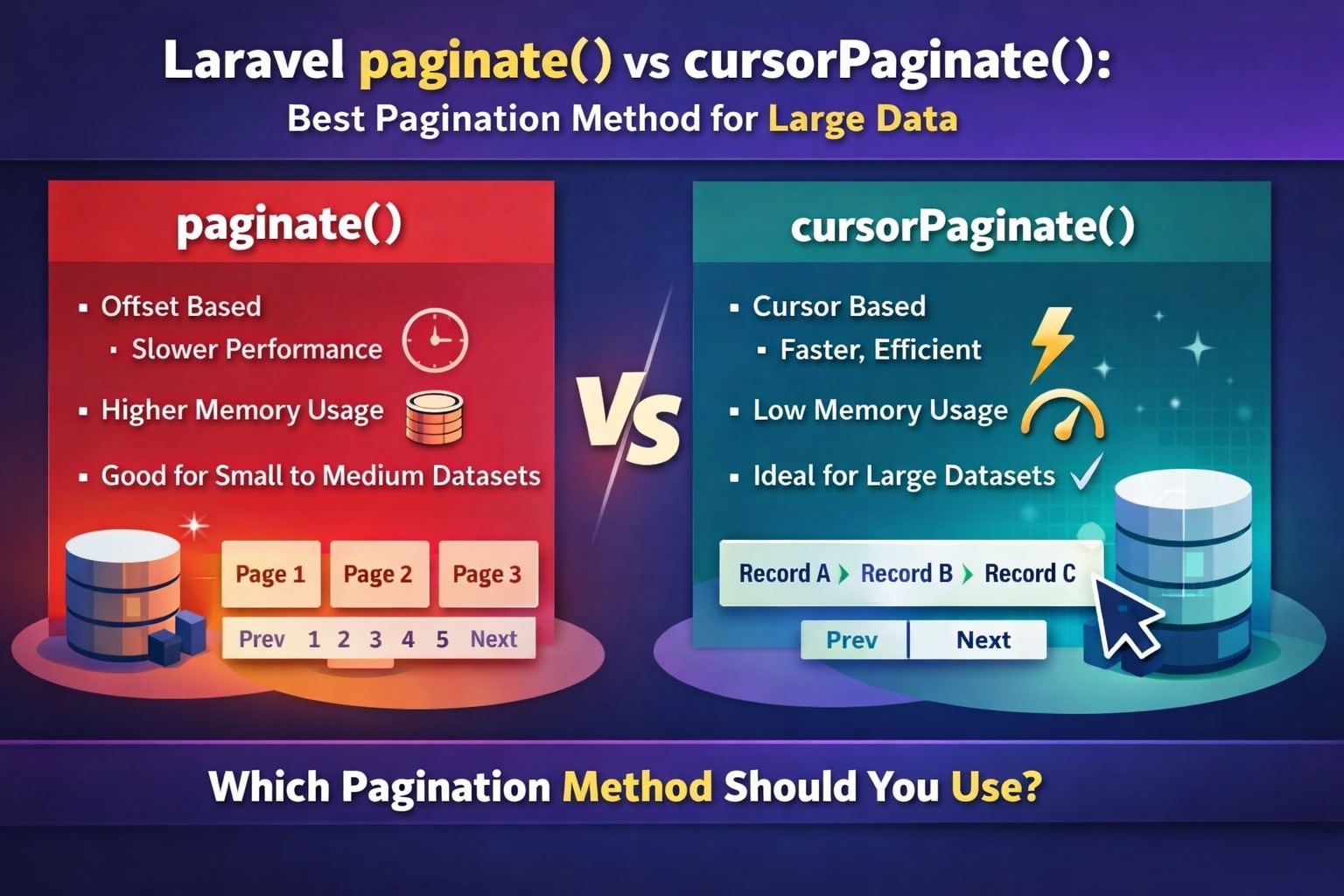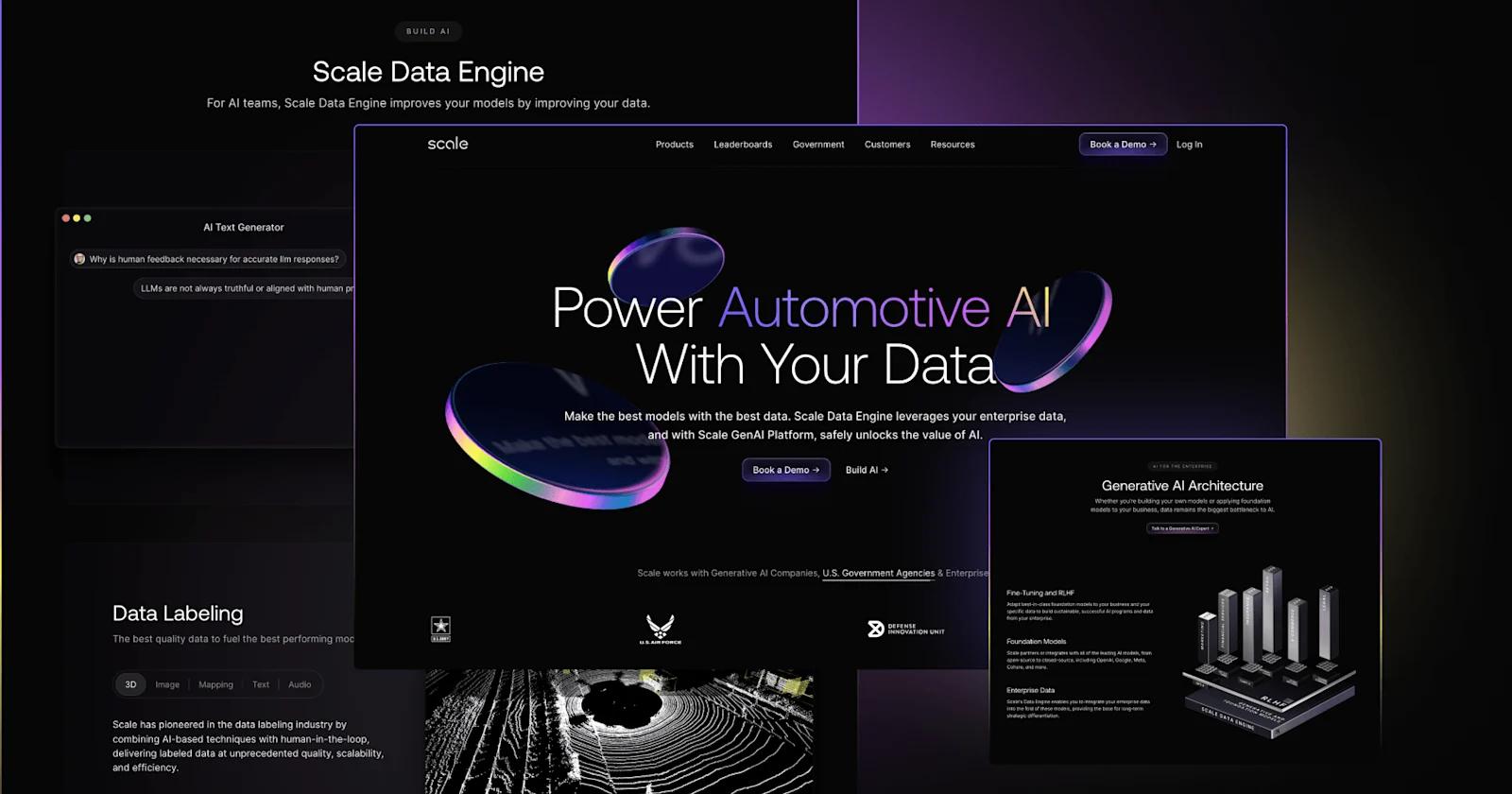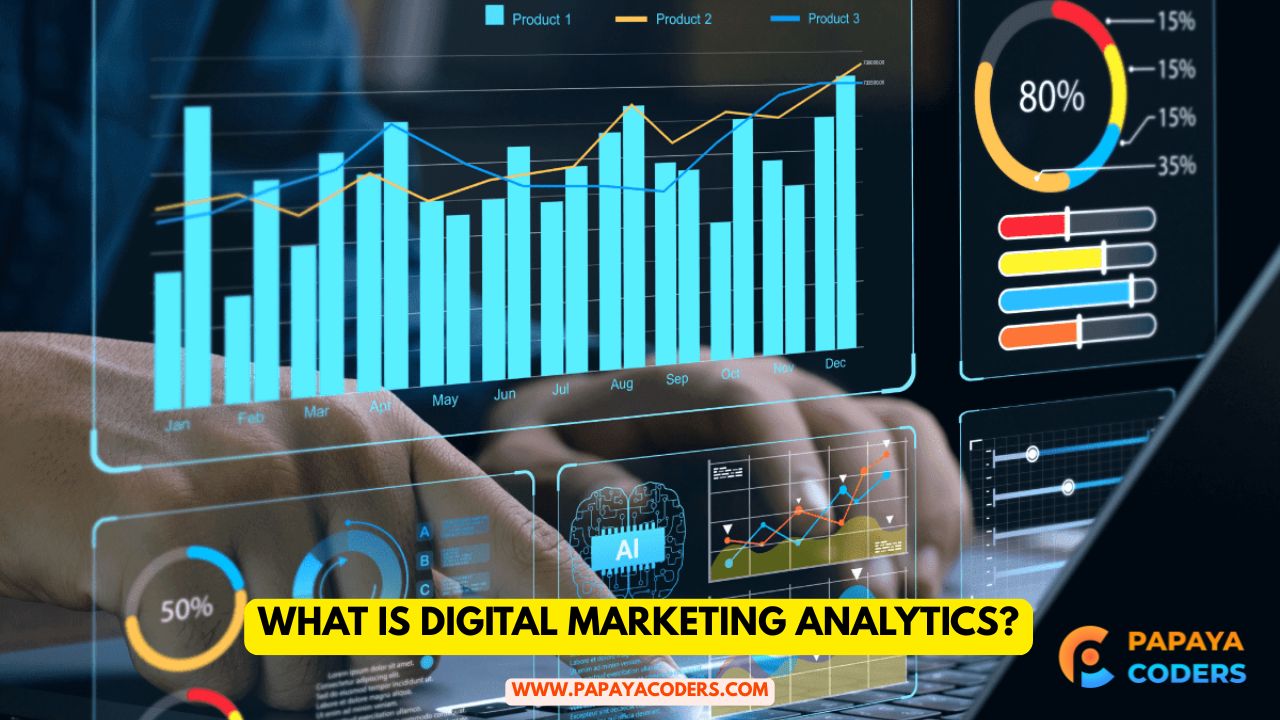Email marketing is a powerful and cost-effective strategy that plays a crucial role in digital marketing. With billions of email users worldwide, businesses can leverage this medium to reach their audience directly.
This comprehensive Role of Email Marketing in Digital Marketing guide explores the importance, benefits, strategies, and best email marketing practices to help you create successful campaigns that drive results.
By understanding the Role of Email Marketing in Digital Marketing, businesses can develop effective strategies to boost engagement, conversions, and customer retention.
What is Email Marketing?
Email marketing is a form of direct marketing where businesses send promotional messages, newsletters, or updates to a list of subscribers via email. It aims to build relationships with potential customers, boost sales, and maintain customer loyalty.
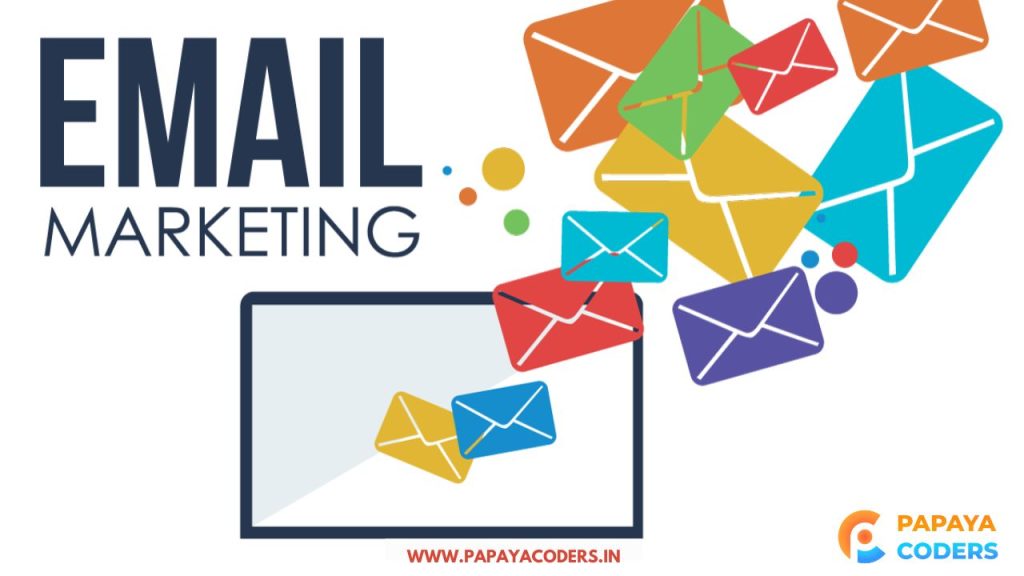
Why is Email Marketing Important in Digital Marketing?
Email marketing is vital in digital marketing for several reasons:-
| Benefit | Description |
|---|---|
| Cost-Effective Strategy | Requires minimal investment compared to paid ads or influencer marketing. |
| Broad Audience Reach | Access to over 4 billion email users worldwide. |
| Direct Communication | Provides a personalized way to connect directly with customers. |
| Automation Capabilities | Modern tools enable automated campaigns, saving time and boosting efficiency. |
| High ROI | Known for delivering one of the highest returns on investment in digital marketing. |
Benefits of Email Marketing
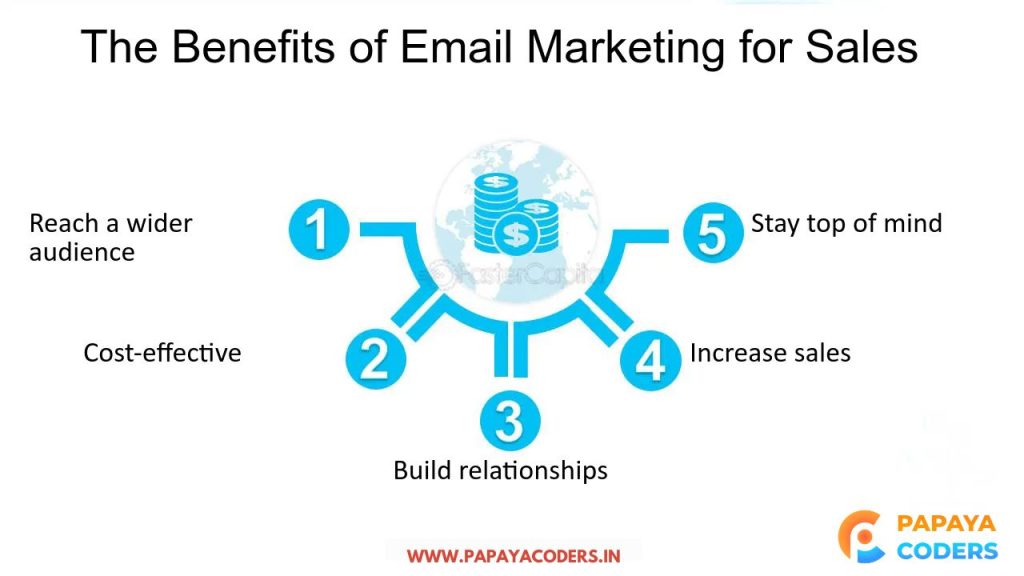
1. Increased Customer Engagement
Email marketing enables brands to engage their audience through personalized messages, relevant offers, and informative content.
2. Improved Sales and Conversions
By sending tailored offers or product updates, businesses can encourage users to make purchases.
3. Enhanced Customer Retention
Emails such as welcome sequences, thank-you notes, and follow-up messages help build customer trust and loyalty.
4. Data-Driven Decisions
Email marketing platforms provide insights like open rates, click-through rates (CTR), and conversion rates, enabling data-driven strategies.
5. Cost Efficiency
Email campaigns are generally low-cost, making them ideal for startups and established businesses alike.
Key Strategies for Successful Email Marketing
1. Build a Quality Email List
- Use opt-in forms on your website and social media.
- Offer incentives like discounts or free resources to encourage subscriptions.
2. Segment Your Audience
Segmenting your audience based on demographics, behavior, or preferences ensures you send relevant content to each group.
3. Create Engaging Content
Focus on providing value rather than just promoting products. Include:
- Educational content
- Special offers and promotions
- Customer stories and testimonials
4. Personalize Your Emails
Use the recipient’s name, recommend products based on previous purchases, and tailor content to their interests.
5. Optimize for Mobile Devices
With most users accessing emails via mobile, ensure your design is responsive and visually appealing on all devices.
6. Include Clear Call-to-Action (CTA)
Guide users to take specific actions like purchasing, subscribing, or visiting your website.
7. Monitor and Analyze Performance
Track metrics like open rates, CTR, and conversion rates to identify successful strategies and improve campaigns.
Best Practices for Email Marketing
- Avoid spammy language and excessive sales tactics.
- Send emails at optimal times for higher engagement.
- Ensure your email design is clean and visually appealing.
- Always provide an easy option for users to unsubscribe.
Tools for Email Marketing
Popular tools for email marketing include:
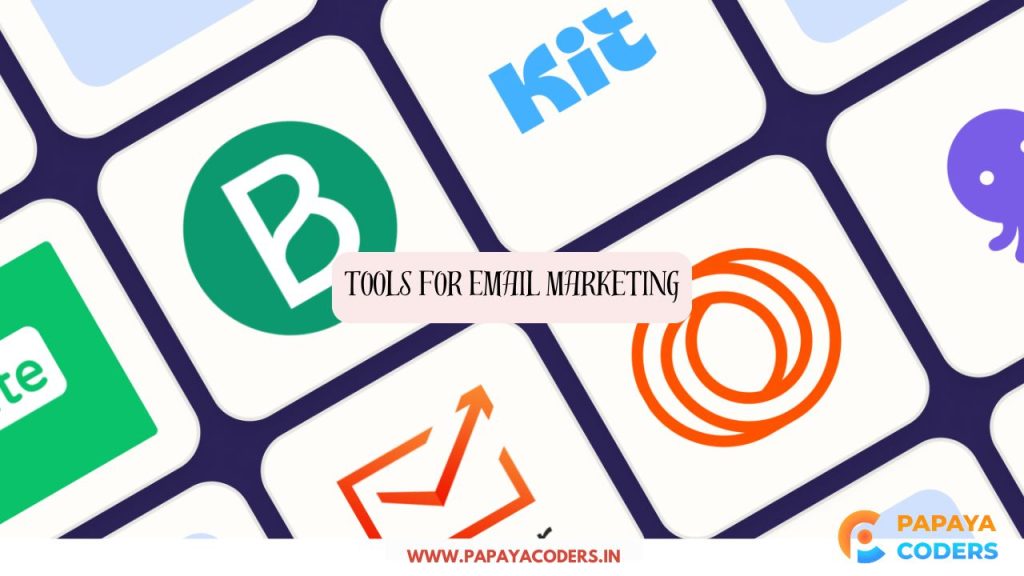
- Mailchimp
- Constant Contact
- ConvertKit
- HubSpot
- Sendinblue
These platforms offer features like automation, analytics, and drag-and-drop email builders to simplify your campaigns.
The Future of Email Marketing
The future of email marketing involves greater personalization through AI, interactive content, and dynamic email designs. Integrating email with other marketing channels will further enhance customer engagement and sales.

Conclusion:
Email marketing is one of the most effective tools in digital marketing. Businesses can maximize their success by adopting best practices, taking advantage of automation, and providing value to their audience. For optimal results, focus on building relationships, crafting engaging content, and constantly analyzing your campaign performance.
Read also:-

